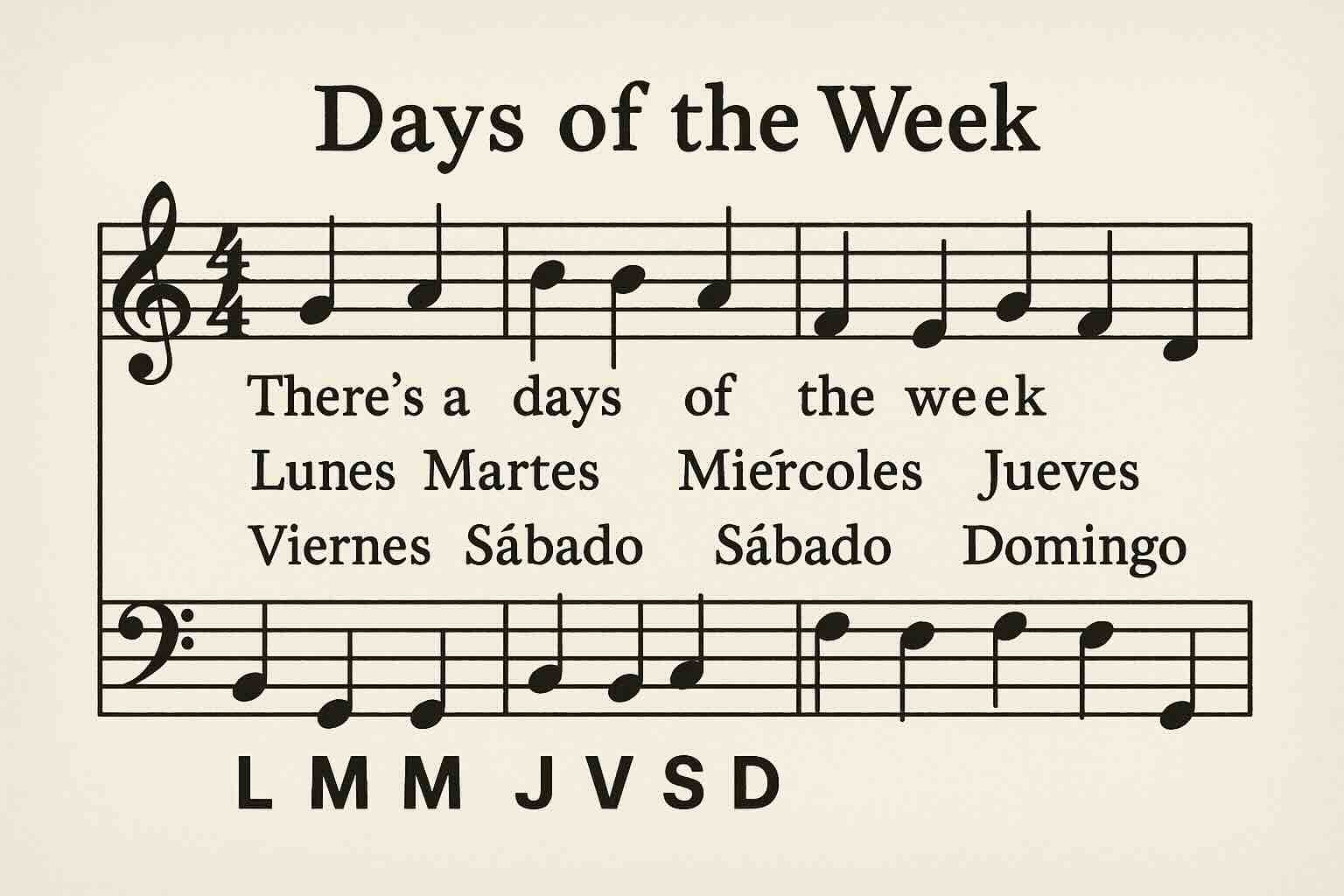The days of the week form a fundamental structure in human civilization, organizing our lives across cultures and time periods. These seven-day cycles have cultural, logistical, and linguistic relevance that extends far beyond mere calendar notation.
Culturally, different days hold special significance across religions and societies. Sunday is considered holy in Christianity, while Friday prayers are central to Islamic practice. In many Asian cultures, certain days are considered more auspicious for important events or decisions. Understanding these cultural associations helps us navigate global communication and respect diverse traditions.
Linguistically, the names of weekdays offer fascinating insights into etymology and cultural history. In English and many European languages, days are named after Norse gods, Roman deities, and celestial bodies, creating a living connection to ancient mythologies. Learning these patterns makes mastering days of the week in multiple languages significantly easier.
Practically, the days of the week structure our modern world in countless ways—from business hours and school schedules to flight pricing and entertainment programming. Being fluent with weekday vocabulary is essential for basic communication, travel planning, and administrative tasks in any language.


